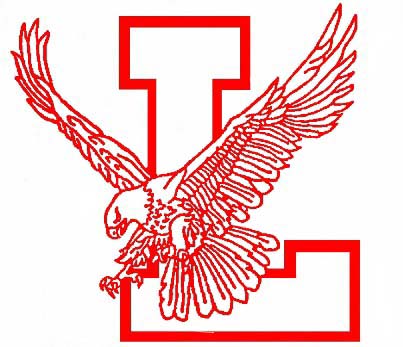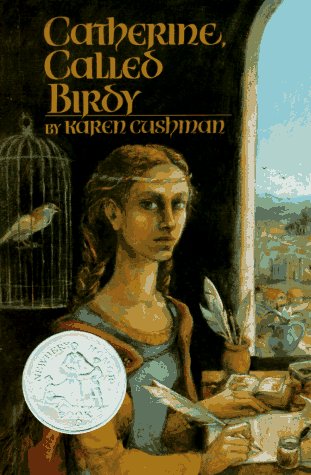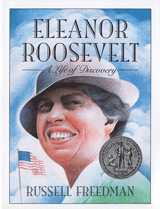Poetry
Painting Pictures With Words
Home
Alternative Energy Persuasive Essay
Ancient Civilizations Thematic Essay Unit
Catherine Called Birdy by Karen Cushman
"Charles" by Shirley Jackson Short Story
History of the English Language
NYS English Language Arts Exams Review
SHEroes Memorable Women in History

(Adobe Reader
![]() or MSWord are required to open many of these documents)
or MSWord are required to open many of these documents)
![]()
TABLE OF CONTENTS
Overview / How to Read a Poem / 4 Ways to Evaluate Poetry / Elements of Poetry /
Online Art Galleries / Student Handouts / Teacher Resources
(Adobe Reader or MSWord are required to open many of these documents)
![]()
First, we will read a variety of poems and explore the elements of poetry. The classroom will be transformed into an art gallery. Your job is to write a mystery poem using various elements of poetry (metaphor, simile, personification, etc.) to describe your favorite work of art in the classroom art gallery. Classmates will try to match your poem to a picture hanging in the gallery.
![]()
1st Read: read the poem for a general impression.
What clues do you get from the title?
Who is the speaker (narrator)?
2nd Read: pay more attention meaning.
What words confuse you?
Are there any footnotes?
3rd Read: read the poem aloud.
Listen to the music: rhyme, pauses, changes in pattern.
Poets strive for an original way to say something. What is this poet saying?
(For More Information Read the EnglishCompanion.com resource)
![]()
|
Form Is the poem restricted by a form or free verse? sonnet, acrostic, couplets, limericks, diamante, free verse, etc. |
Images What pictures is the poet painting in your mind? metaphor, simile, personification, hyperbole
|
|
Story What is the meaning or story being expressed? speaker, tone, ideas or story being told
|
Music What do you hear when you read it aloud? alliteration, consonance, repetition, pauses, rhyme, rhythm, etc.
|
![]()
Forms
- Acrostic (ReadWriteThink)
- Couplets
- Diamante (ReadWriteThink)
- Epic
- Free Verse
- Haiku
- Letter Poems (ReadWriteThink)
- Limericks
- Shape or Concrete (ReadWriteThink)
Story
- Speaker
- Meaning
- Tone
- Word choice
Imagery
- Metaphor
- Simile
- Personification
- Hyperbole
Music or Sounds
- Alliteration (vowel sounds repeated)
- Consonance (consonance sounds repeated)
- Enjambment (run-on line)
- End-Stop Line (line ends w/punctuation)
- Onomatopoeia (words that make a sound)
- Repetition
- Rhyme
- Rhythm
Painting Pictures with Words
Guggenheim Museum: New York (go to the online collection)
Metropolitan Museum in New York
Metropolitan Museum in New York: Museum for Kids (For Kids to Try Right Now!)
![]()
- Poetry Packet: Figurative Language
- Poetry Notes: Imagery
- Holiday Poetry --Sample
- Paint Palette --Template to write poem
![]()
Teacher Created Materials
The Train (PowerPoint)
Web Resources
Language Arts Standards: 6th Grade (All ELA skills with awesome poetry resources)
Poetry for Children (Internet School Library Media Center)
Poetry for Upper Elementary Children (online text)
Poetry Read-a-Thon (The Academy of American Poets)
Scholastic: Finding Materials for Poetry Lessons
![]()
![]()
Paint Brush Clip Art: Lynnville-Sully Community School
Please contact me if you have any questions or technical troubles:













